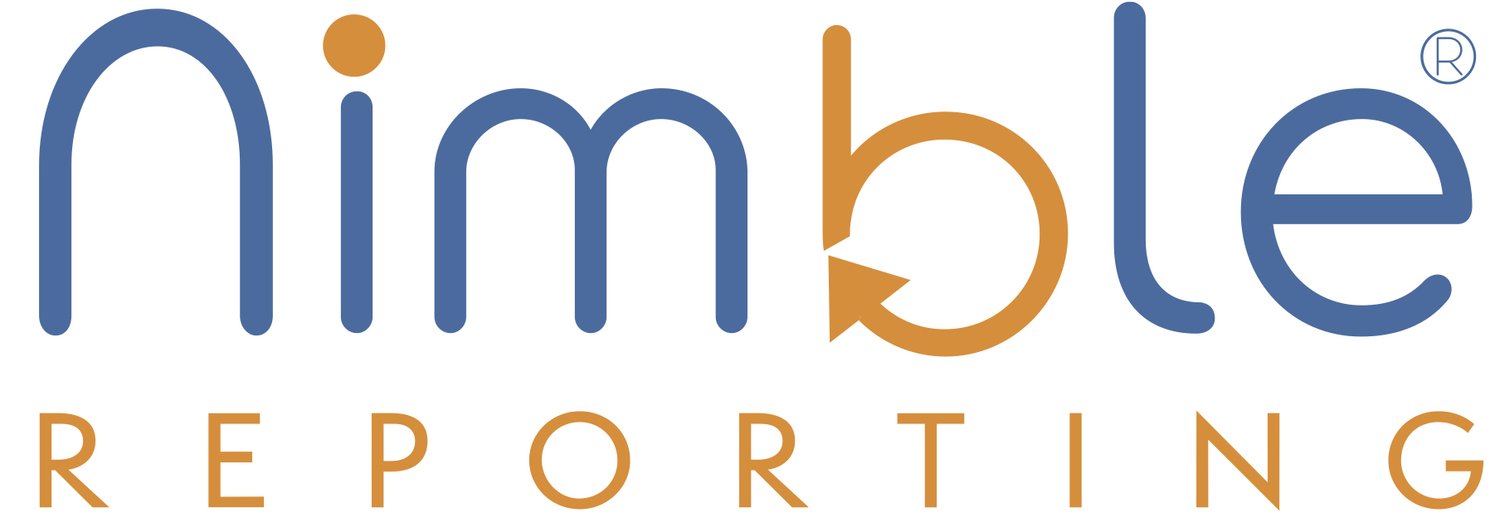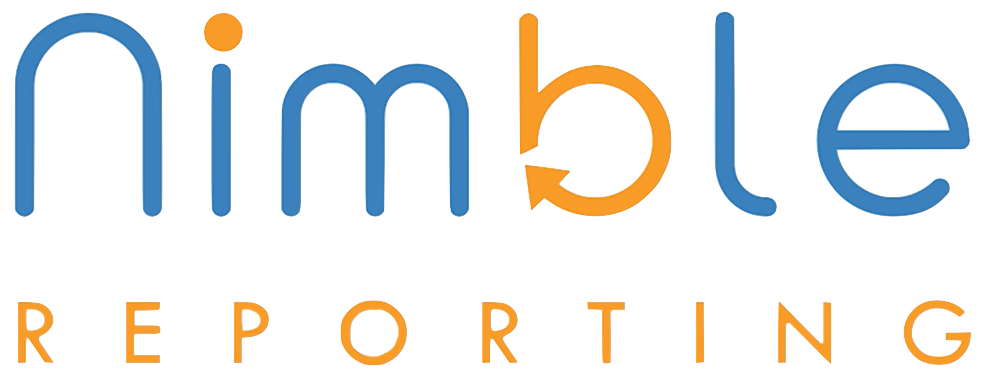IRS Audits 1 In 4 Companies Over ACA Non-Compliance
This is what we’ve been saying to our clients ever since the inflation reduction act was passed. Even with the negotiation to reduce the allocations, the IRS has around $60-$65 billion in new funding to go after companies who are filing questionable tax returns or in non-compliance in other ways. One of the hot topics at the IRS is ACA compliance because they know that there is a wide swatch of organizations that are simply not complying with the regs. They see it as an ideal opportunity to grab some of this cash back. So read on and make sure you are in compliance or you are leveraging expertise to make sure you are in compliance.
While most employers say they believe they are fully compliant with the Affordable Care Act (ACA), approximately one in four have been audited by the Internal Revenue Service, according to new research from HR technology company Trusaic. Among the industries most at risk of receiving an ACA IRS penalty letter? Health care and social assistance, food services, agriculture, and educational services.
IRS enforcement of the now 13-year-old healthcare law is ramping up, due in part to legislative changes including the Inflation Reduction Act and American Rescue Plan. Employers who fail to comply with ACA's Employer Mandate can face annual penalties as high as $275,000 for every 100 employees after the first 30. To add to the severity of the situation, the IRS may use its levy power to satisfy outstanding ACA penalties. In addition to six jurisdictions that have their own ACA regulations, several other states are considering adding regulations over and above what is required by the federal government.
"Industries with high turnover or a high percentage of hourly workers with varying schedules are particularly susceptible to getting penalized by the IRS," says John Leathers, Executive Vice President of Product for Trusaic. "These situations present unique challenges to a reporting process that most employers already find overly burdensome."
Key findings:
About one in four employers say they have been audited by the IRS for potential ACA non-compliance
Many employers find compliance a challenging task: 73% of respondents find the reporting requirements somewhat or overly burdensome
Nearly 70% spend more than 80 hours a year on ACA compliance
Respondents cited a variety of challenges including a lack of clarity of the rules, complex tracking requirements, complicated situations, and tight deadlines
The most commonly cited compliance problems are employee miscalculation, determining ACA affordability and additional state reporting requirements
The industries most likely to receive an ACA penalty letter are agriculture/forestry/fishing and hunting, accommodation and food services, educational services and health care and social assistance
"The challenge of ACA compliance is only going to get worse," says Leathers, who notes that the IRS good faith period has ended. "Organizational leaders may not understand the nuances of compliance. It's up to HR to educate them about the complexity and the risk."


